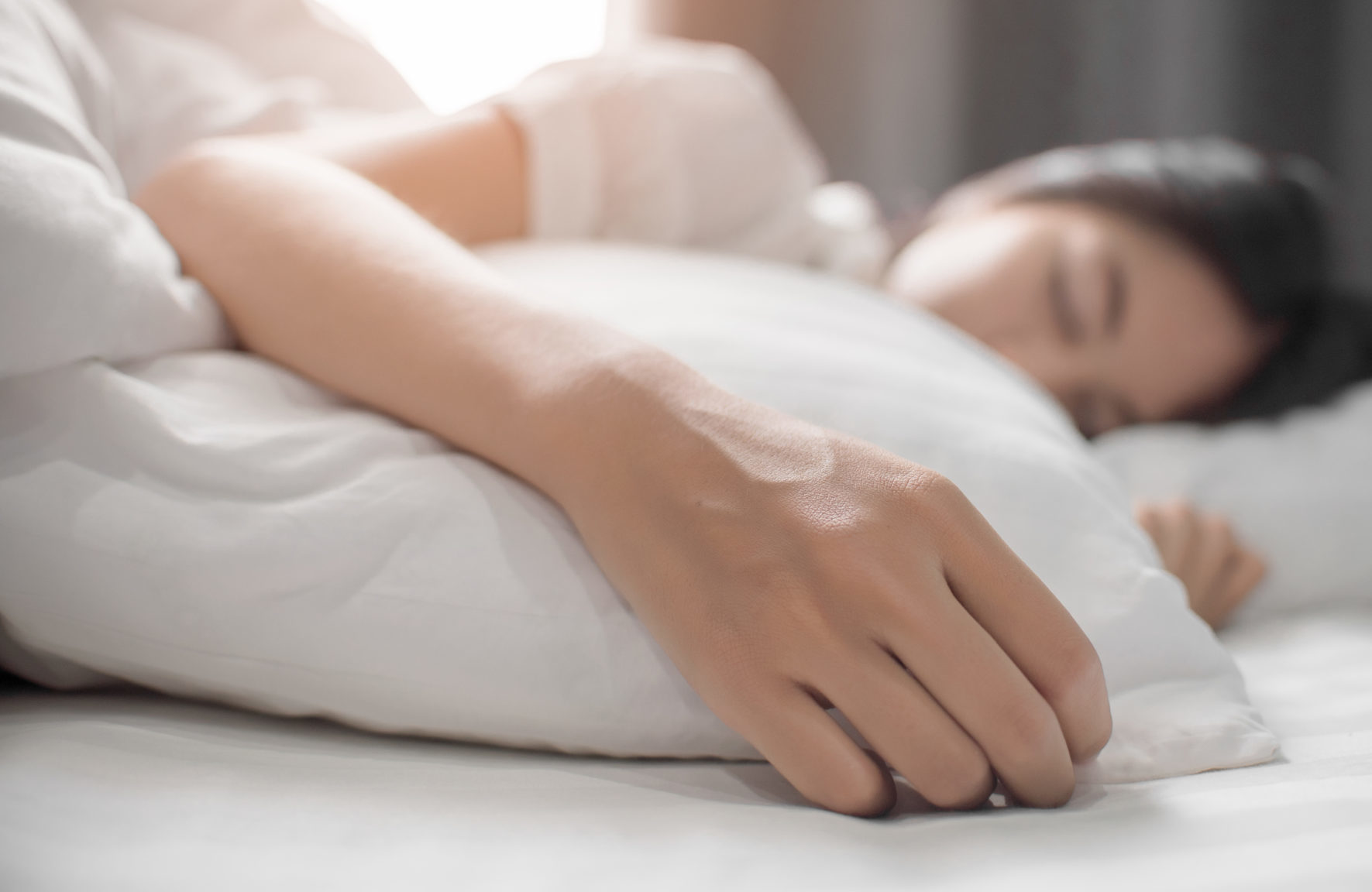Sleep is a vital part of who we are; it can affect not only your mood and memory function but your general physical and mental health. While we all enjoy a nice rest after a long, hard day at work, drifting off into an undisturbed slumber can be a difficult task for us all. There’s much more to getting a decent night’s sleep than putting your head on a pillow; in fact, much of what you do in the lead up to nighttime can make a huge difference to how well-rested you feel the next day. We take a look at just a few ways that you can guarantee yourself a perfect night’s sleep.
Stick to a schedule
Getting into a set routine with your sleep can be tricky when you’re used to going to bed whenever you feel like it, but it’s a vital part of getting good quality sleep. Try to go to bed and wake up around the same time every day; you’ll quickly notice that you drop off quicker than before. This is because your body’s clock – scientifically known as your circadian rhythm – works best on a loop or when you stick to a similar schedule every day. You may not have realised, but any disruption to this, such as late or irregular bedtimes, can cause anxiety and exacerbate brain disorders.
Comfortable bed
From the sofa to a beanbag, it can feel like you can sleep pretty much anywhere after a long day. While this may be true at the time, you’ll wake up feeling far more refreshed when you have a sturdy bed. An uncomfortable bed can not only prevent you from sleeping through the night, but it can cause lower back pain, headaches, stress and neck pain. It would help if you replaced your mattress every seven to ten years, although memory foam and latex can last up to 15 years, depending on usage. Latex is the best option for side sleepers looking for an organic mattress.
Remove clutter
A cluttered room can make for a cluttered mind, so ensure your sleeping space is minimally decorated and neat before you climb under the sheets. Consider storage, a wardrobe for your clothes, an ottoman bed to keep sheets and pyjamas tucked away (such as those available from the likes of Divan Beds Centre) and minimal prints and patterns on textiles and in artwork on the walls.
Stay away from caffeine
It may sound obvious, but many of us continue to sip on coffee well into the evening. If you’re partial to a warm cup of joe later on in the day, make sure to stick to decaf only beverages. In fact, a study by the Henry Ford Hospital’s Sleep Disorders & Research Center and Wayne State College of Medicine has suggested that you shouldn’t consume any sort of caffeine in the six hours leading up to your bedtime. It might be better to have a cup of hot chocolate or caffeine-free tea before bed instead.
Technology before bed
Everyone is guilty of scrolling through social media before snoozing, but this can negatively affect your sleep – as can any type of technology. This is because the blue light they emit changes the aforementioned natural circadian rhythm, leading to a suppression of the melatonin hormone that helps promote healthy sleep.
In turn, you will have less REM sleep, which plays a vital part in your everyday learning capabilities, as well as your memory and mood. Keep screens out of the bedroom and don’t use these types of technology for around two hours before you sleep – the perfect time to crack open that book trilogy you got last Christmas.
So now it’s time to put down your phone, grab a hot chocolate and snuggle up in bed, ready for the perfect night’s sleep.

Leave a Reply